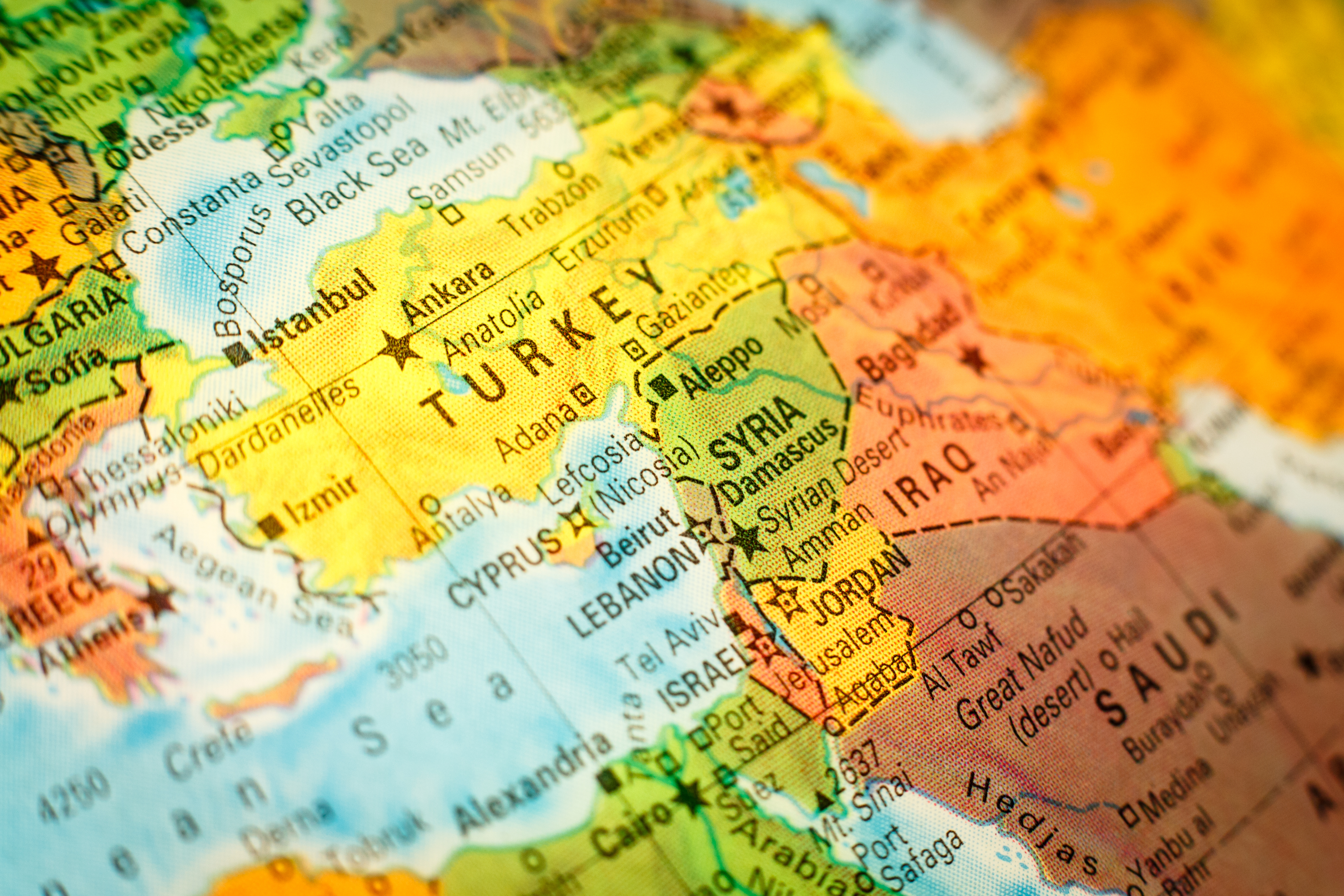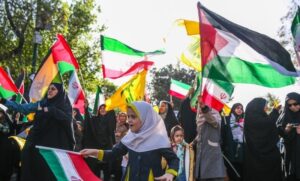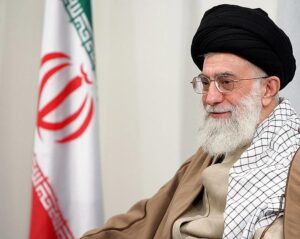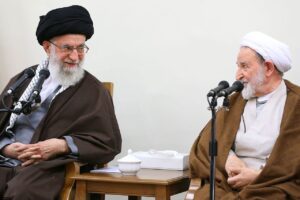Within the framework of its roundtable activity “Syria Series”, Stimson Middle East and North Africa (MENA) Program held the third online edition, entitled Gulf Views on Syria: Saudi Arabia, UAE, and Qatar, on the November 23, 2022 under Chatham House Rule. Three experts from each of the Gulf countries discussed their views on Syria with experts and officials from different EU countries, Turkey, Switzerland, US, and Russia.
The rich discussion can be summarized in the following points:
- Syria is no longer a priority for the Gulf compared to 2011-2019 period
- Political and economic normalization is conditioned on domestic and foreign policy reforms, and
- Without a US/EU vision and engagement to resolve the political deadlock, the Gulf will be tempted to find ways to deal with the regional consequences of the ongoing conflict.
The roundtable was moderated by Kawa Hassan, Executive Director Stimson Europe, MENA Program Director, and Senior Fellow, and Abdulla Ibrahim, Non-resident Fellow with Stimson’s MENA Program.
Syria No Longer a Priority
In 2022, the security and foreign policy priorities of the three Gulf states did not include Syria in contrast to the period of 2011-2019. Adjusting to the challenges of the war in Ukraine and its impact on the global order is a consuming task for the Gulf countries. The diplomatic balancing between the US/EU and Russia and maintaining relations with trade and energy partners like India and China are top priorities. Next are maritime security, cyber security, Iran, and Yemen. Syria is not a top concern anymore. From 2011-2019, the three Gulf states feared the spread of armed groups and terrorism in addition to the increasing influence of Iran in Syria.
Currently the threat of radicalism has dissipated since the territorial defeat of ISIS in 2019, and the growing influence of Iran is tamed by persistent Israeli strikes. The previous Gulf policy of supporting the opposition militarily to force a change in Damascus has ceased since the Russian intervention in 2015. The intra-Gulf dynamics have created different positions towards the Islamists-dominated Syrian opposition.
Following the Arab Spring, the rise of political Islam was viewed differently. Qatar thought of Islamists in power in Syria and Egypt as potential allies. Other countries, including the UAE, were alarmed. Military setbacks facing the Syrian opposition and the waning of the external support (i.e., US, EU) to the Syrian opposition rendered them irrelevant in the political process in the eyes of the Gulf countries.
Conditional Normalization
The three Gulf countries are interested in maintaining Syria’s territorial integrity, improving political stability through reforms, and the reduction of Iranian influence. The Kingdom of Saudi Arabia (KSA) does not want to see a fragmented Syria for the fear of its spillover effect on the region. Riyadh expects reforms and reduction of Tehran’s influence before any political or economic normalization with Damascus.
The UAE thinks differently on how to approach the same problems of reform and Iran’s influence. For Abu Dhabi, engagement with the regime will take it away gradually from Iran and providing incentives for reform might make progress better than setting unrealistic conditions that never worked for over a decade. Qatar is interested to see efforts in achieving accountability and justice before any normalization with Damascus can take place. It is important to note that the US’ secondary sanctions present a huge barrier to the resumption of any Gulf-sponsored economic activities with Damascus.
For normalization to be used as an incentive, the Gulf must be able to apply leverage to Damascus to assure compliance with the agreements and commitments. That does not exist today. The KSA has very weak economic ties to Syria that cannot be used as leverage to guarantee sustainability of reforms. On the political front, the Gulf has lost its cards. Even the Syrian opposition is no longer based in the Gulf, and more concentrated in Turkey. For the UAE, Syria’s humanitarian situation is alarming, but there are other conflicting priorities for Abu Dhabi, like Yemen, which is drawing considerable financial and political attention. The shrinking financial resources of the Gulf are also limiting the potential aid contributions to Syria, which in turns reduces the leverage over Damascus.
Existing Saudi and Emirati connections to Syria are minimal and for pure security coordination against terrorism and drugs smuggling such as Captagon. Against all expectations, the Syrian government collaborates with Riyadh on combating international crimes (e.g., drugs) by sharing information. These limited aspects of cooperation show the usefulness of the Syrian government, although their responsibility for the deteriorating situation remains whole. The current situation in Syria is not optimal for the Gulf, but given its lack of leverage, the absence of direct threats from Syria, and the emergence of more pressing international crises, maintaining the status quo is the objective.
US/EU Visions Needed
One of the deep motivations for the KSA to walk away from Syria is the lack of a US vision and commitment to help resolve multiple Middle East conflicts. The UAE also complains about the absence of US/EU leadership and the need for an international vision for the future of Syria. KSA respects US sanctions to avoid harming its economic interests, but Riyadh questions these sanctions’ ability to bring about political change. Iran is a case in point, where international sanctions did not incentivize positive, behavioral change. Qatar is concerned about the grave humanitarian cost of sanctions and the importance of working on reducing their impacts.
To conclude, the Gulf is left with no viable options in Syria while the West is distracted by its own problems. In such a case, regional proposals will continue to float, but with restrictions of an intransigent Damascus, limited resources for re-engagement on Syria, and deterring sanctions.




